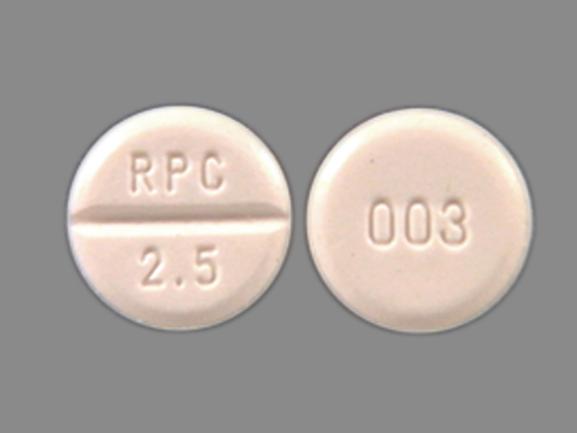ProAmatine Dosage
Generic name: MIDODRINE HYDROCHLORIDE 2.5mgMIDODRINE HYDROCHLORIDE 5mgMIDODRINE HYDROCHLORIDE 10mg
Dosage form: tablet
Drug class: Miscellaneous cardiovascular agents
Medically reviewed by Drugs.com. Last updated on Sep 28, 2023.
The recommended dose of ProAmatine® is 10 mg, 3 times daily. Dosing should take place during the daytime hours when the patient needs to be upright, pursuing the activities of daily living. A suggested dosing schedule of approximately 4-hour intervals is as follows: shortly before, or upon arising in the morning, midday and late afternoon (not later than 6 P.M.). Doses may be given in 3-hour intervals, if required, to control symptoms, but not more frequently. Single doses as high as 20 mg have been given to patients, but severe and persistent systolic supine hypertension occurs at a high rate (about 45%) at this dose. In order to reduce the potential for supine hypertension during sleep, ProAmatine® should not be given after the evening meal or less than 4 hours before bedtime. Total daily doses greater than 30 mg have been tolerated by some patients, but their safety and usefulness have not been studied systematically or established. Because of the risk of supine hypertension, ProAmatine® should be continued only in patients who appear to attain symptomatic improvement during initial treatment.
The supine and standing blood pressure should be monitored regularly, and the administration of ProAmatine® should be stopped if supine blood pressure increases excessively.
Because desglymidodrine is excreted renally, dosing in patients with abnormal renal function should be cautious; although this has not been systematically studied, it is recommended that treatment of these patients be initiated using 2.5-mg doses.
Dosing in children has not been adequately studied.
Blood levels of midodrine and desglymidodrine were similar when comparing levels in patients 65 or older vs. younger than 65 and when comparing males vs. females, suggesting dose modifications for these groups are not necessary.
More about ProAmatine (midodrine)
- Check interactions
- Compare alternatives
- Reviews (8)
- Drug images
- Side effects
- During pregnancy
- Drug class: miscellaneous cardiovascular agents
Patient resources
Other brands
Professional resources
Related treatment guides
Further information
Always consult your healthcare provider to ensure the information displayed on this page applies to your personal circumstances.

